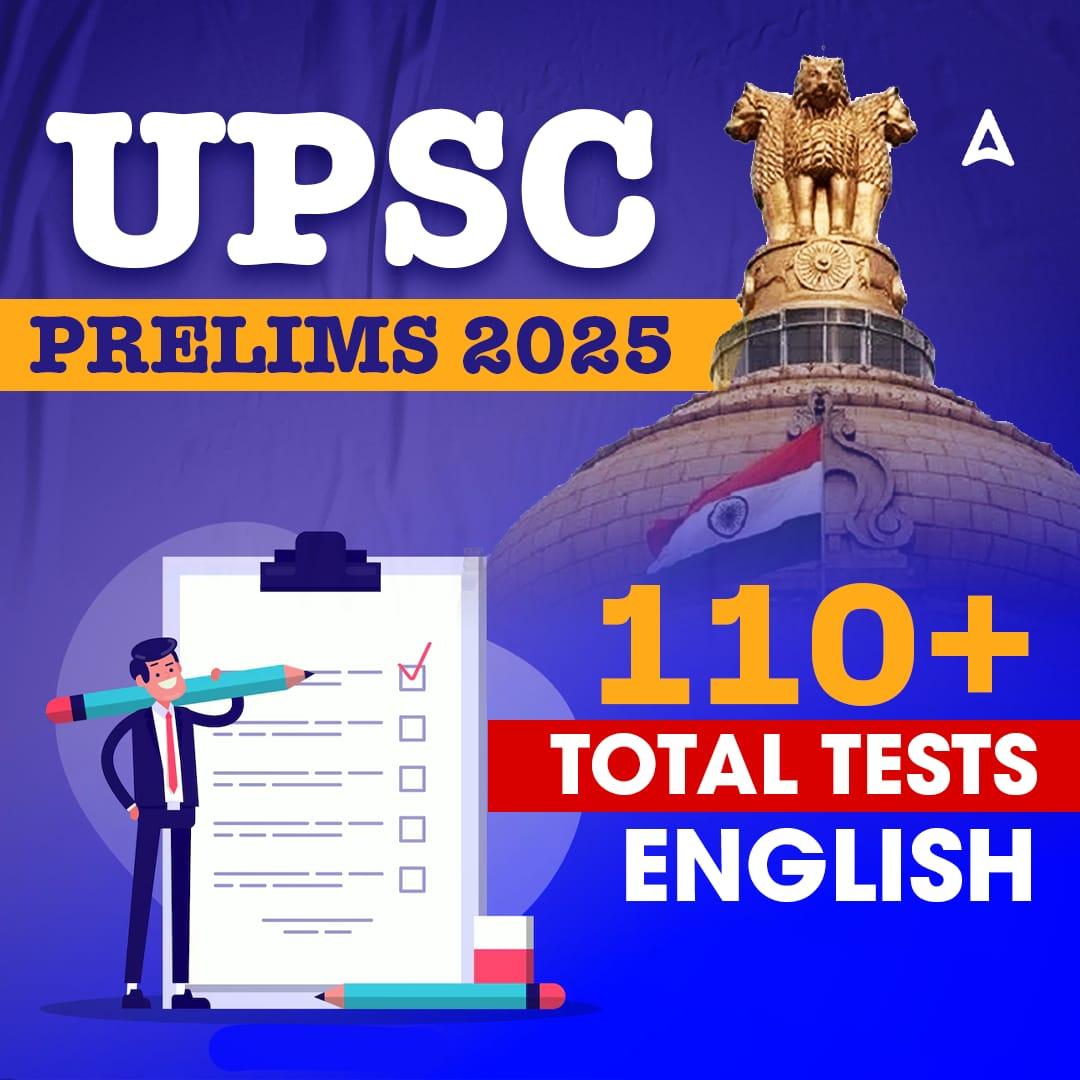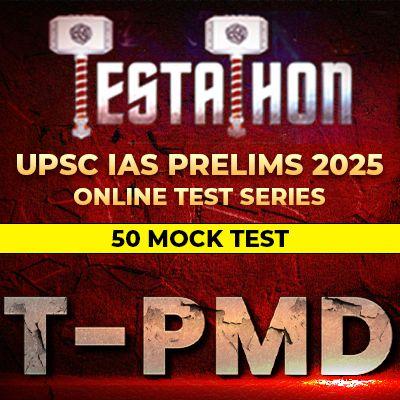Table of Contents
”UPSC Prelims Bits” is every day published in the morning between 11:00 AM to 12:00 Noon and contains selective current affairs articles. ”UPSC Prelims Bits” covers various topics from UPSC Prelims Syllabus and is very helpful and time managing for UPSC Aspirants. The framing of this daily current affairs compilation article is easy to read and understandable also.
In the ”UPSC Prelims Bits” article, we focus on UPSC Preliminary exam-oriented current affairs covering various sections from leading National Newspapers, PIB, and other various official sources.
Expert Committee on the Cough Syrup Issue
Why in News?
The Centre has formed a four-member expert committee to investigate the report sent by the World Health Organisation (WHO) on the deaths of 66 children in the Gambia by consumption of cough syrups from Sonipat-based company Maiden Pharmaceuticals Limited.
Know about the expert committee
- The expert committee is formed to examine and analyse adverse events reports, causal relationships and related details shared by the World Health Organization (WHO), even as the Haryana health authorities halted all production at Sonipat-based Maiden Pharmaceuticals on the grounds of deficiencies found during a joint inspection by central drug regulatory authority and the state Food and Drug Administration (FDA).
- The Expert committee will be chaired by Vice Chairperson of Standing National Committee on Medicines Dr YK Gupta.
- Members of the Committee are Dr Pragya Yadav of ICMR – National Institute of Virology Pune, Dr Arti Bahl of Division of epidemiology, National Centre for Disease Control (NCDC) New Delhi and A K Pradhan, Joint Drugs Controller of Central Drugs Standard Control Organisation CDSCO.
Multi-State Cooperative Societies (Amendment) Bill, 2022
Why in News?
- The Union Cabinet has approved the Multi-State Cooperative Societies (Amendment) Bill, 2022.
- This is a bill to improve governance, enhance transparency and accountability in the Multi State Cooperative Societies.
Know about the bill
- It seeks to amend the Multi-State Cooperative Societies Act, 2002.
- The proposed amendments covering major areas of operation and management will go a long way in strengthening the co-operative movement in the country.
- India has more than 1500 multi-State co-operative societies serving as an important tool to promote economic and social betterment of their members. In order to make the governance of these multi-State Cooperative societies more democratic, transparent and accountable, provisions for setting up of the Cooperative Election Authority, Cooperative Information Officer and Cooperative Ombudsman have been proposed in the amendment.
- Provisions relating to representation of women and Scheduled Caste and Scheduled Tribe members in the board of co-operative societies have been included to facilitate inclusiveness.
- Co-opted directors with experience in the field of banking, management, cooperative management and finance will be appointed to promote professional management.
- The amendment has also been proposed to enhance ease of doing business by reducing the period of registration with a provision for the applicants to seek additional time of two months for rectification of mistakes.
Broccoli Gas
Why in news?
One of science’s greatest mysteries is whether life exists outside of our planet and scientists are turning towards a distant relative of the cauliflower—broccoli—to help them find life in space.
Know about Broccoli Gas
- Broccoli, like many other plants, emits gases that help it expel toxins. These gases could help provide compelling evidence of life on other planets.
- This gas emitted by broccoli is the result of a process called methylation, where the organism adds a carbon atom and three hydrogen atoms to an unwanted chemical.
- This means that the potential toxin is turned into a gas that floats away safely into the atmosphere.
- Scientists believe that if such gases were detected in the atmosphere of another planet, they could suggest the existence of life there.
- Methylation is so widespread on Earth, we expect life anywhere else to perform it.
- Researchers propose that one such gas—methyl bromide—presents many advantages over other gases that are targeted in the search for life.
- One important advantage is that methyl bromide doesn’t remain in the atmosphere as long as some traditional “biosignature” gases.
- The next advantage is that methyl bromide is more likely to have been made by something living than other biosignature gases like methane, which can also be produced by volcanoes and other geological processes.
- Also, methyl bromide absorbs light in a wavelength close to that of another biosignature gas, methyl bromide.









 TSPSC Group 1 Question Paper 2024, Downl...
TSPSC Group 1 Question Paper 2024, Downl...
 TSPSC Group 1 Answer key 2024 Out, Downl...
TSPSC Group 1 Answer key 2024 Out, Downl...
 UPSC Prelims 2024 Question Paper, Downlo...
UPSC Prelims 2024 Question Paper, Downlo...
